In a recent large-scale research study of nearly 190,000 people, it was found that people who suffer from asthma, eczema, hay fever, and other common allergies are at greater risk of suffering from anxiety, depression, and other emotional and mental health problems. The study, published in the Frontiers in Psychiatry journal indicated that development of psychiatric conditions is over 1 ½ times more in people with allergies as compared to people without allergies.
The researchers found that individuals suffering from any of the 3 A’s i.e. allergic rhinitis (hay fever), asthma, and atopic dermatitis (eczema) tended to project increased emotional problems.
Doctors who treat people with allergic conditions therefore need to know that they are increasingly susceptible to the development of mental conditions. It is important for such doctors to assess their emotional state and monitor their mental well-being to prevent psychiatric issues in the future.
Over a period of 15 years, the study checked the health records of over 45,000 individuals suffering from allergic illnesses and nearly 140,000 without any allergies. It was found that nearly 11 percent of people with allergies eventually developed a mental condition as opposed to around 6.5 percent of people with no allergies. The scientists also observed that eczema sufferers had a lesser chance of developing psychiatric issues those hay fever and ones who suffer from asthma.
Other studies
Other studies carried out before the above mentioned research, have also indicated a link between asthma/allergies and mental/emotional health.
An article in JAMA published in 2008 featured 2 big studies that indicated an increased risk to the development of anxiety conditions, depression, and PTSD/post traumatic stress disorder, in asthma sufferers.
A review of researches published in Clinical Neuroscience’s journal Innovations section in 2011 found that people with allergies were more susceptible to suffering from different kinds of mood syndromes and/or anxiety disorders.
Connection to inflammation and stress
Allergies can trigger inflammation in different areas of the body. Studies have found links between inflammation and anxiety and depression. A 2014 paper published in JAMA indicated that the workings of immune-inflammatory system can go haywire and trigger the occurrence of depression, autism, and schizophrenia.
The connection between inflammation and anxiety disorders is still a subject of research.
It is however known that cytokine proteins, which get secreted by the immune system in plenty as a response to infection, are associated with many mental ailments as well as to dementia and delirium.
Stress which accompanies chronic ailments like asthma may also contribute to the development of anxiety and depression. Trauma initially gets processed somatically or through the body in the form of allergies. However, if trauma does not resolve and continues to persist, then it may begin expressing in worse ways like anxiety, depression, and other emotional and mental problems.
Stress is known to activate or exacerbate underlying allergic conditions. Consequently, stress can turn into a vicious cycle which worsens a the experience of those that suffer from asthma or other allergy symptoms, thereby harming their emotional and mental well-being.
Management of the symptoms of different allergies as well as following preventive guidelines can help keep allergic conditions at bay and eliminate anxiety, depression and other mental health problems.

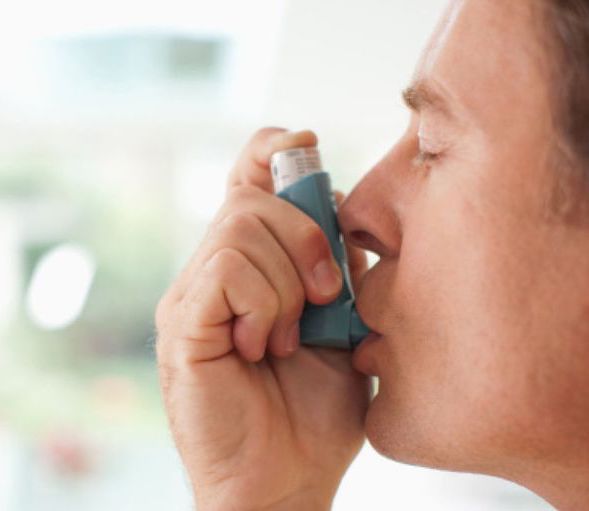
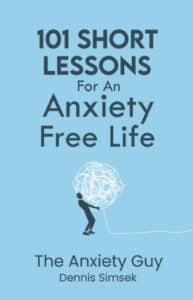

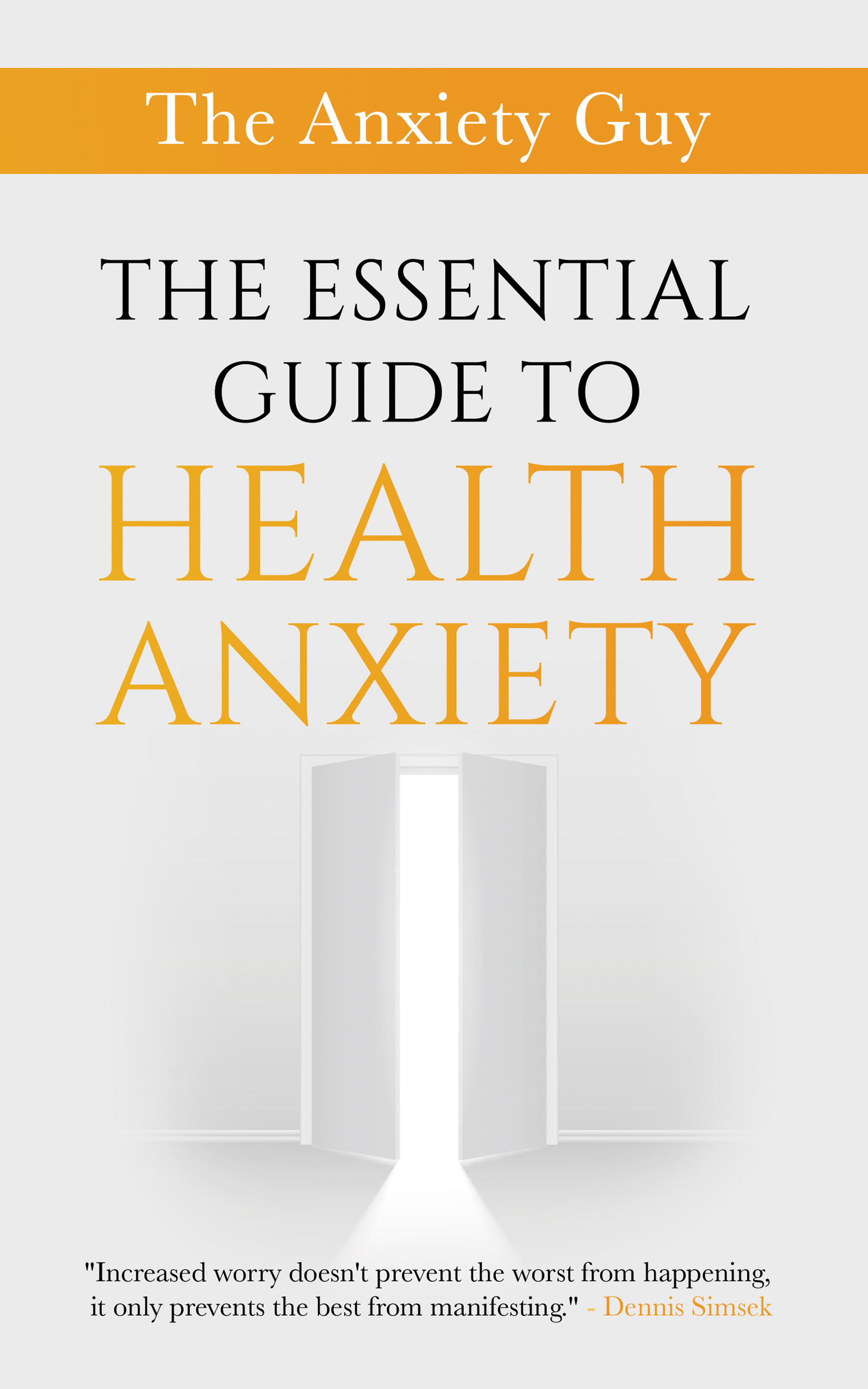
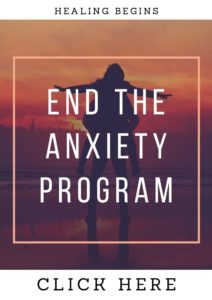
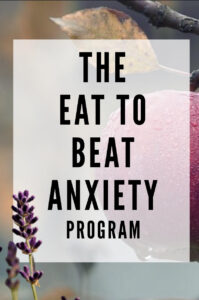



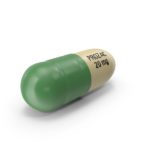









Yes, I think I do. If I go into a store and there’s fragrances, or outside allergies, wind, I seem to have trouble breathing, and throws me into anxiety and panick, and just need to get out of the store or wind or feel like heavy bodied and fatigue and like I’m going to pass out.
The resources here and on YouTube will help Leah.
Yes!, I suffer from hay fever and it definitely contributes to anxiety. Also Whenever I have a stomach ache or nausea and have high anxiety
Hoping the anxiety guy podcast and video are helping Adriana. ❤️
I don’t have asthma, but I do have hay fever (seasonal allergies). It was last year, during allergy season (May-June in my part of the world), when I was just getting over a cold too, that my symptoms of anxiety really began to spike, igniting a vicious cycle that lasted many months. I don’t think it caused it, but it was certainly a catalyst.
Interesting, the cold part hit me because I also had experiences like this where I’d overcome a flu of some sort and bodily sensations would arise.